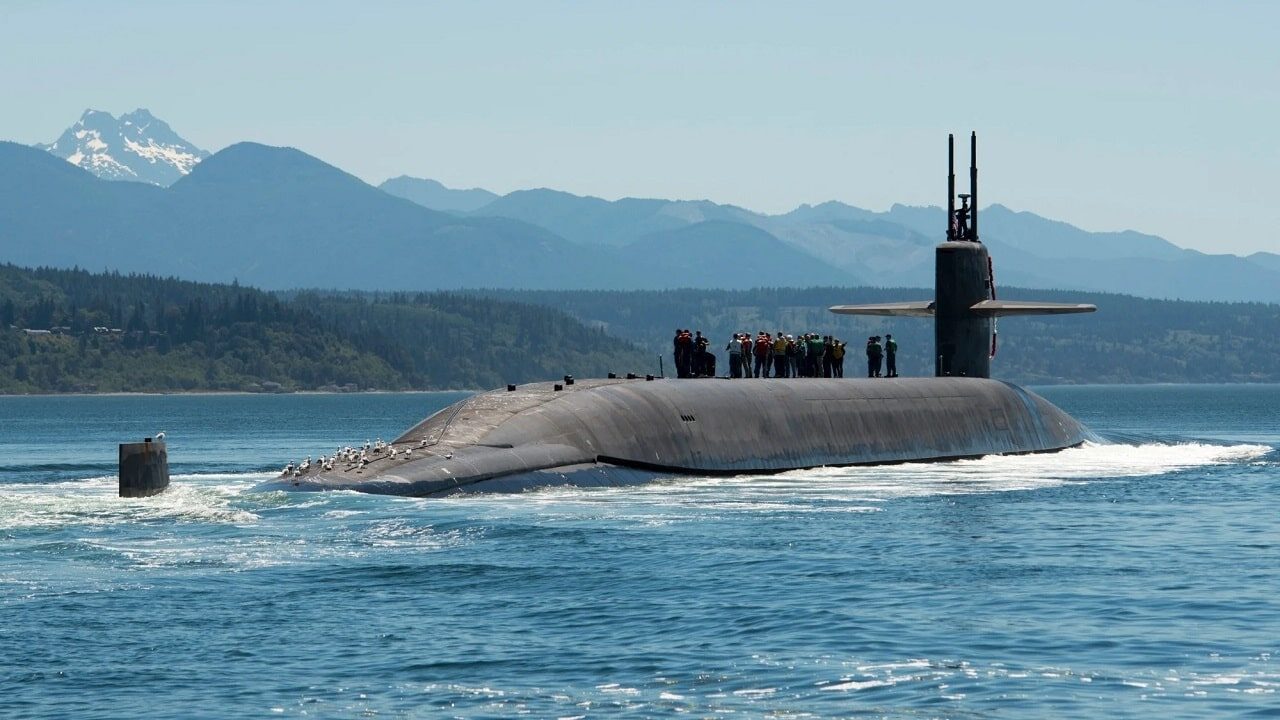U.S. and Russia Will Resume Nuclear Weapons Talks As Ukraine Mulls Negotiations: According to a Bloomberg report on Tuesday, U.S. and Russian officials are expected to meet in the coming weeks to discuss a return to resuming inspections of atomic weapons under the New START treaty.
The news comes as Ukraine considers expressing willingness to return to peace negotiations with Russia despite Ukrainian President Volodymyr Zelenskyy’s insistence that Ukraine will not negotiate with Russia while Vladimir Putin is still president.
In August, Russia announced that on-site inspections of Russian nuclear-weapons-related facilities would be prohibited. A statement from the Russian Foreign Ministry said that Moscow made the decision in response to efforts from the White House to hold new inspections “on conditions that do not take into account existing realities and are creating unilateral advantages for the United States.”
A spokesperson for the U.S. National Security Council responded at the time, saying that resuming the inspections was “mutually beneficial” and a “key part” of cooperation between the countries that must continue “even where geopolitical tensions are high.”
What Is New START?
The New START Treaty, which was signed on April 8, 2010, is an agreement between the United States and the Russian Federation designed to maintain the bipartisan process of reducing U.S. and Russian strategic nuclear arsenals. The efforts began under former President Ronald Reagan, though the treaty lays out protocols with definitions, verification procedures, and other agreements designed to make the processes clear.
Under the treaty, New START requires both countries to commit to a cap of 1,550 nuclear warheads and bombs, a reduction of 30% over the original 2,200 limit established under the 2002 Strategic Offensive Reductions Treaty (SORT) which was agreed in 2002. The treaty also establishes a limit of 700 intercontinental ballistic missiles, submarine-launched ballistic missiles, and heavy bombers to be used in nuclear missions.
Is Kyiv On Board?
While Kyiv certainly has the incentive to see these negotiations begin, given the threat of nuclear conflict in the country, President Zelenskyy is still mulling over the possibility of returning to their own negotiations with Russia.
This week, Zelenskyy once again blamed the Russian for the failure of peace talks so far, and said that the proposals put forward by the Ukrainian side were always met with “insane Russian responses with new terrorist attacks, shelling or blackmail.”
Zelenskyy said that any new negotiations with Russia would likely be met with a hard “no” from the Kremlin, with Ukraine still demanding the return of all Russian-controlled territories in Ukraine – including Crimea – and for the punishment of every war criminal.
“These are completely understandable conditions,” Zelenskyy said, though the Kremlin is not likely to agree.
Jack Buckby is a British author, counter-extremism researcher, and journalist based in New York. Reporting on the U.K., Europe, and the U.S., he works to analyze and understand left-wing and right-wing radicalization, and reports on Western governments’ approaches to the pressing issues of today. His books and research papers explore these themes and propose pragmatic solutions to our increasingly polarized society.

